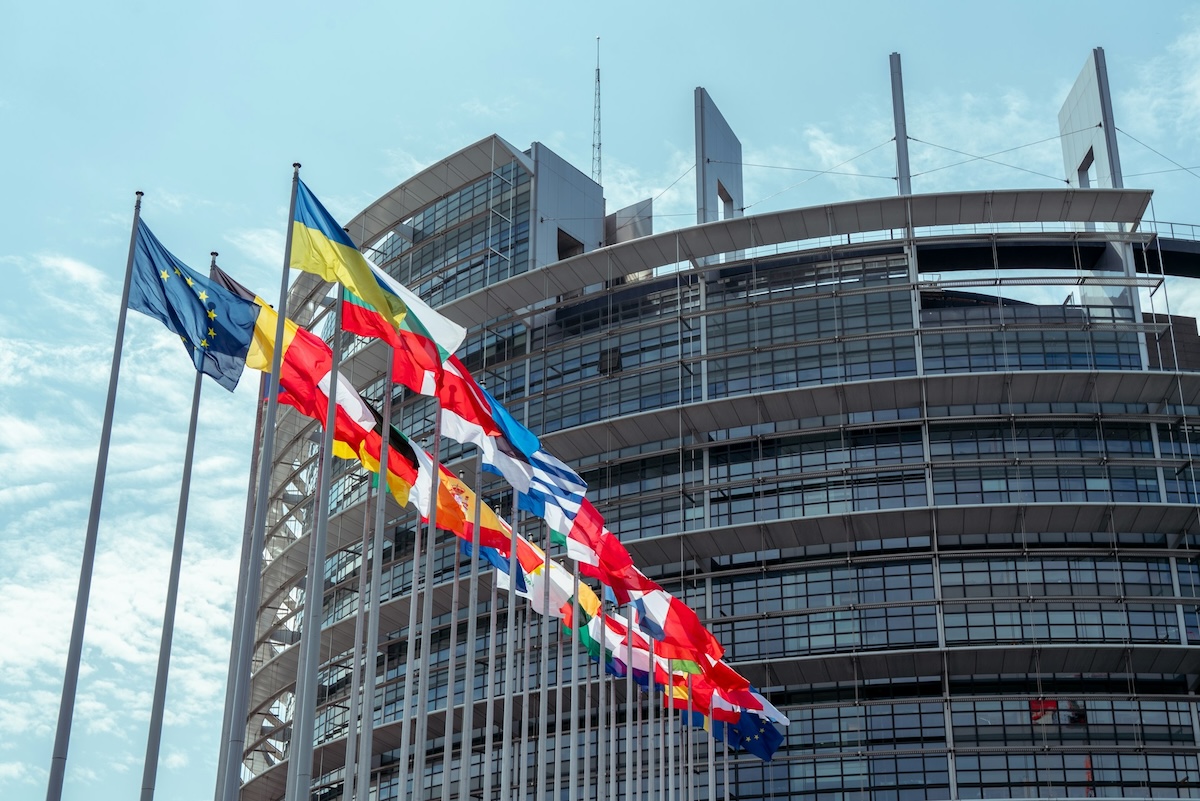Insurance Companies Limit Event Coverage for Coronavirus

Skift Take
Mirroring their reaction to terrorism clauses following 9/11, insurance companies have gone into lockdown, making it practically impossible to add epidemic coverage to your event policy if it’s not already in place.
The best way to protect upcoming events is to build coverage into your own contracts with attendees, exhibitors, and attendees.
What NOT to Expect from Insurance Companies
Prior to the coronavirus outbreak, including coverage for communicable diseases was a low-cost extension on standard event insurance policies. Planners for smaller events were less likely to tack on the extra expense, but large organizations planning major events often would.
Now, however, the industry has completely taken the option for coverage off the table, according to Terry Waller, managing director of Arc International Insurance.
For current claims resulting from recent event cancellations, insurance underwriters will need to evaluate each situation on a case-by-case basis, particularly when it comes down to the region in which the event was to take place.
What to Expect From Historical Precedent
Industry experts are creating a parallel between the coronavirus outbreak and the terrorist attacks on September 11, 2001. Before 9/11 took place, terrorism coverage was almost universally included in event insurance policies. In the months that followed, however, there was no coverage offered at all in new policies. As time passed, companies added terrorism back into the coverage options but at prohibitively expensive premiums, which they continued to adjust according to their risk assessments.
The key difference between 9/11 and the current virus outbreak is that we don’t yet know the full breadth of coronavirus. Additionally, the U.S. government previously intervened following 9/11 by passing the Terrorism Risk Insurance Act, which divvied up losses between insurance companies and the federal government. While terrorism premiums are still expensive today, this piece of legislation reopened the doors to even having the option for coverage available.
The world is still in the discovery stage of just how widespread and lasting the coronavirus will become. There’s no clear consensus on whether the virus will die out as warmer weather emerges or if a vaccine is successfully developed. We don’t know to what extent the virus will continue to impact events as it continues to spread, either. What we can expect is for insurance companies to maintain an inverse relationship between their willingness to cover it and the odds that you will actually need the coverage.
IN CONCLUSION
Whether or not any new legislation will be enacted in order to address relevant claims remains to be seen — and in any case, it won’t likely help in the short-term. As EventMB recently covered, the best path forward as a planner is to incorporate protective liability language directly in your contracts.
Options from insurance companies are limited at best, so it’s crucial for event planners to craft clear language surrounding contractual obligations and probable risks.






